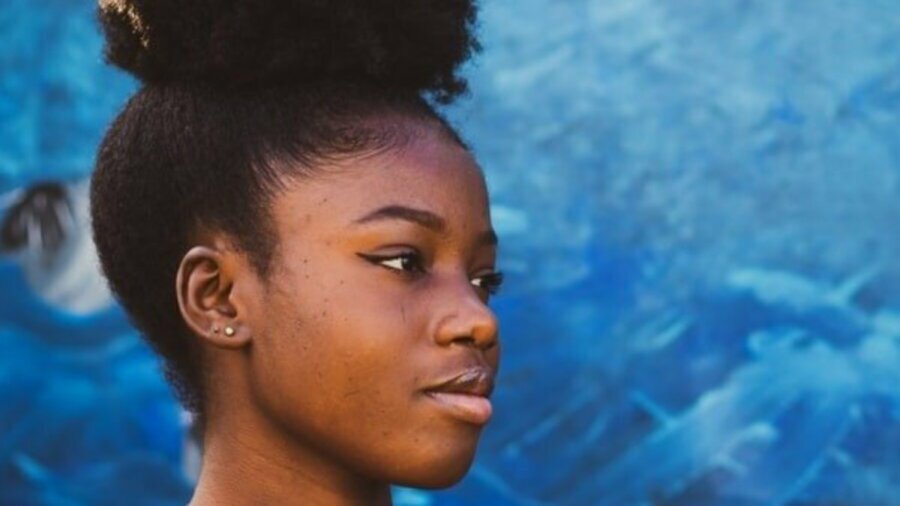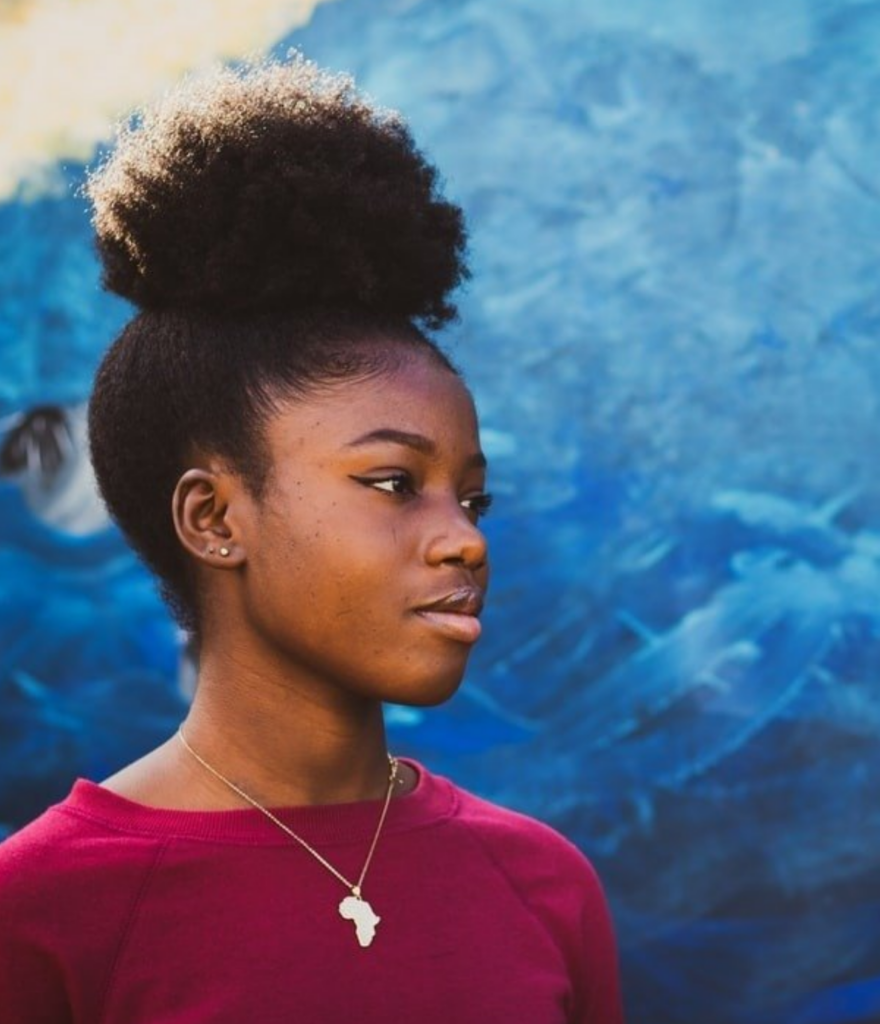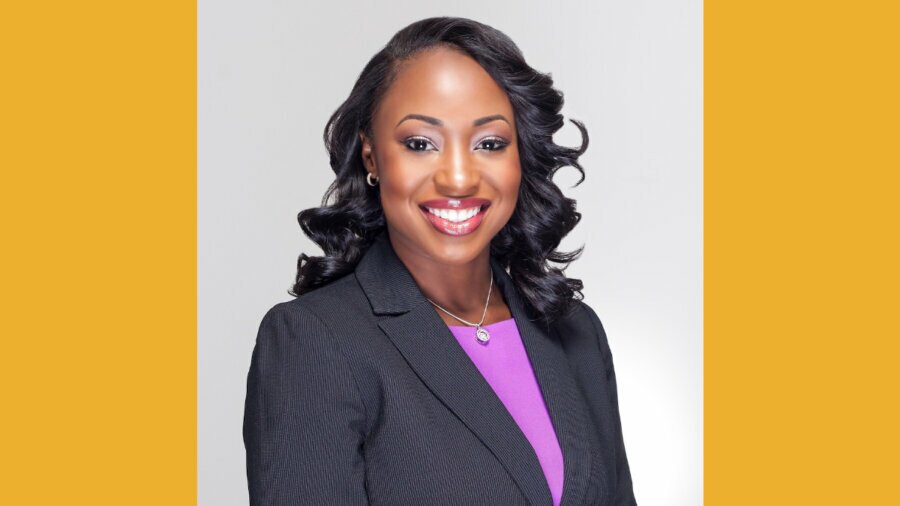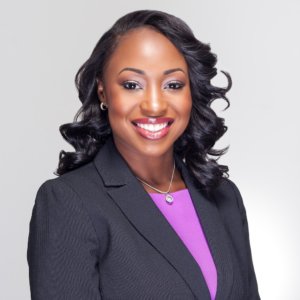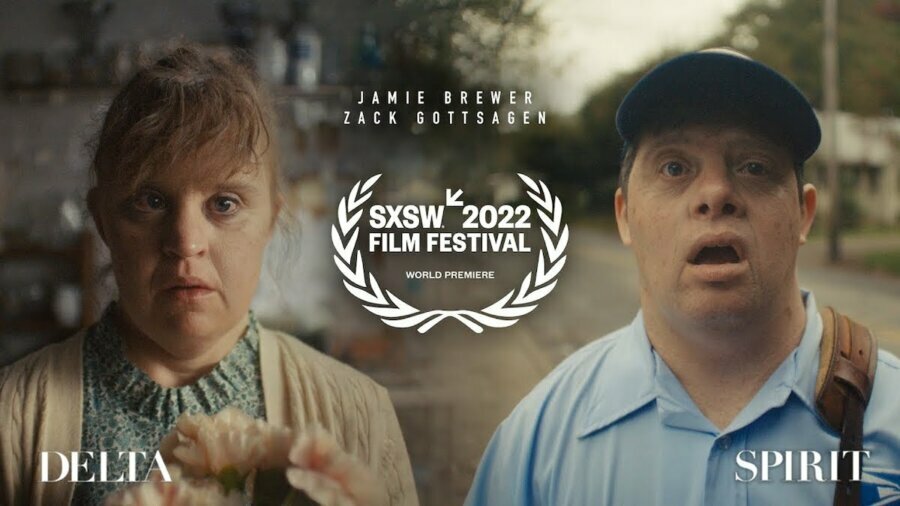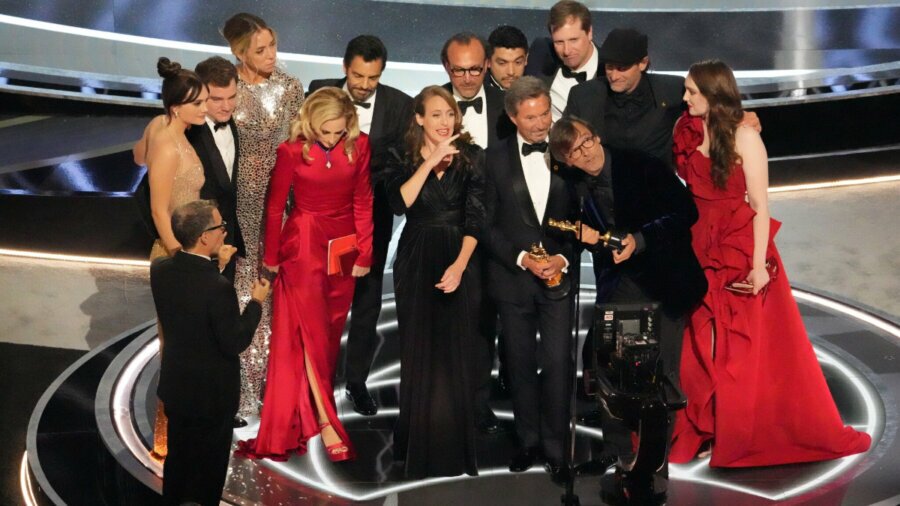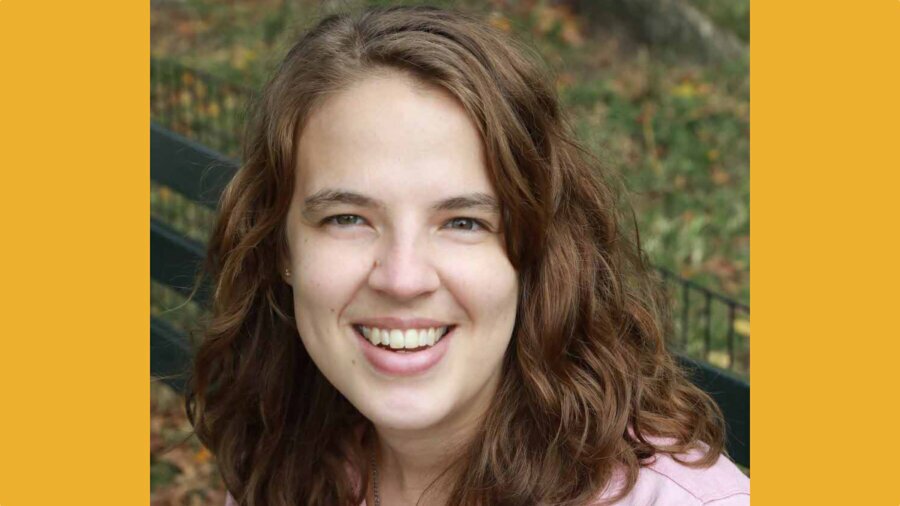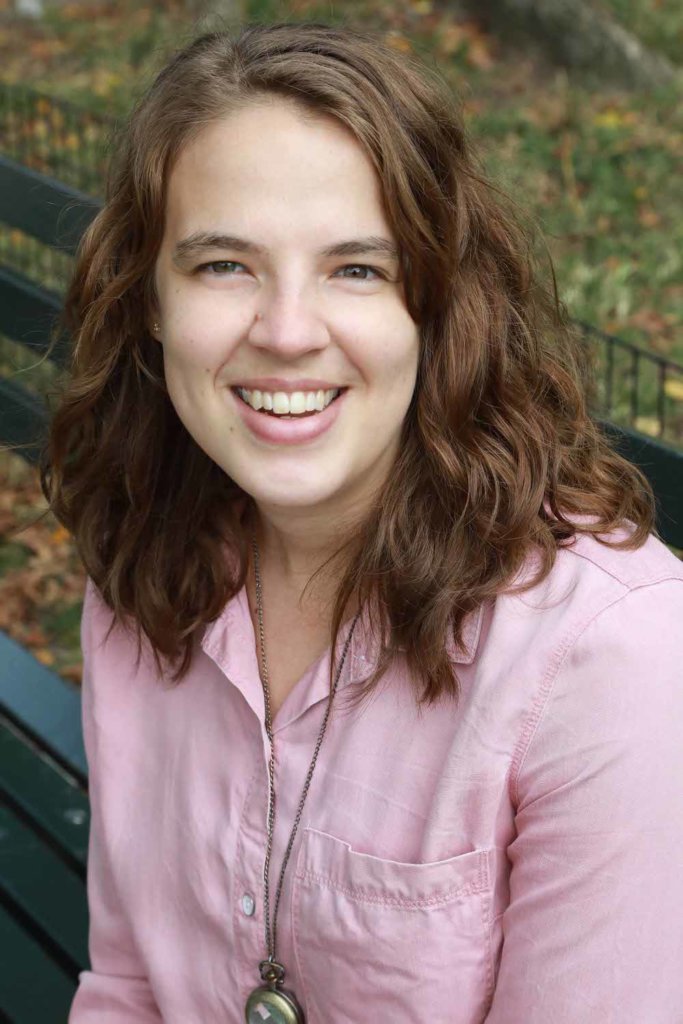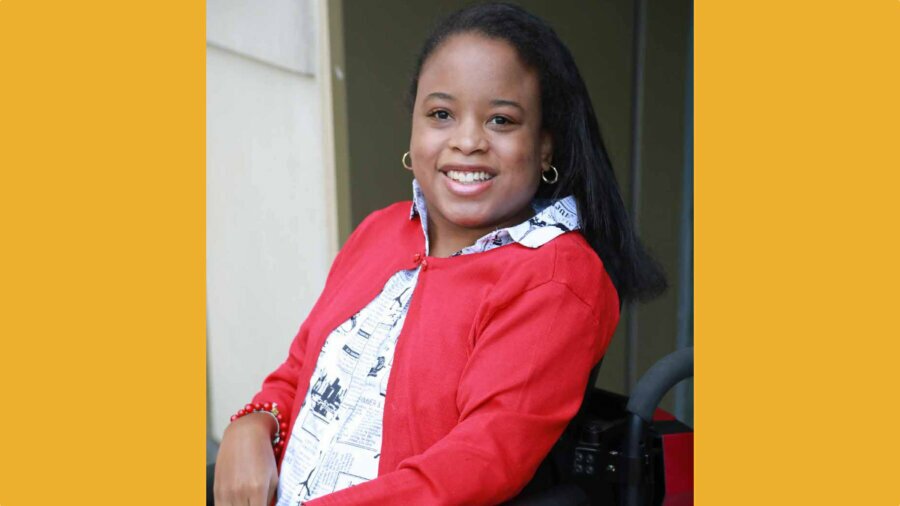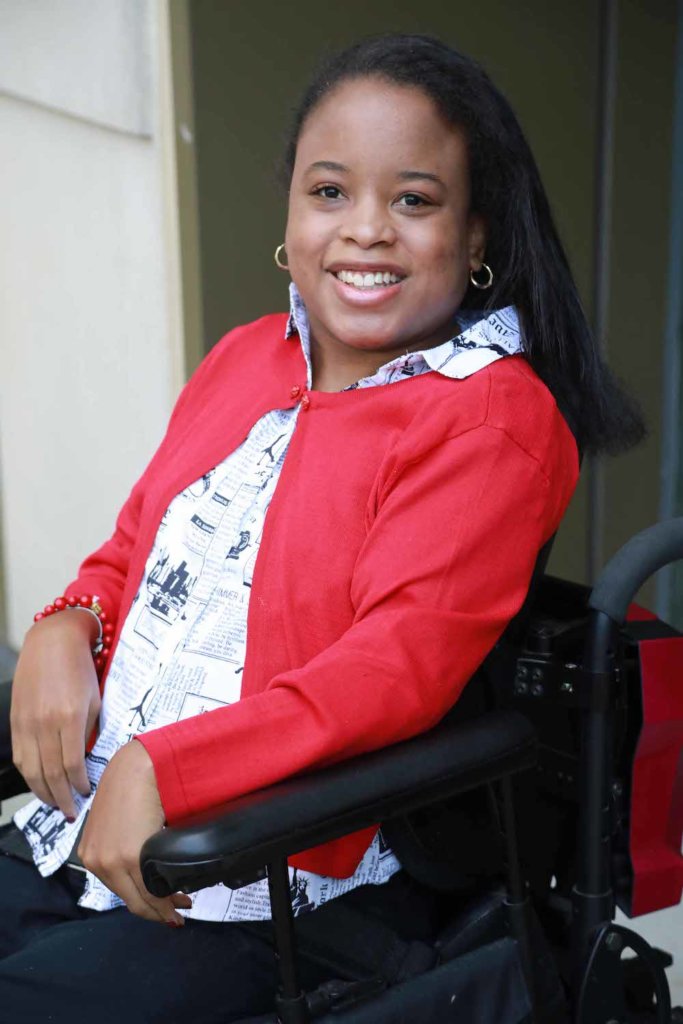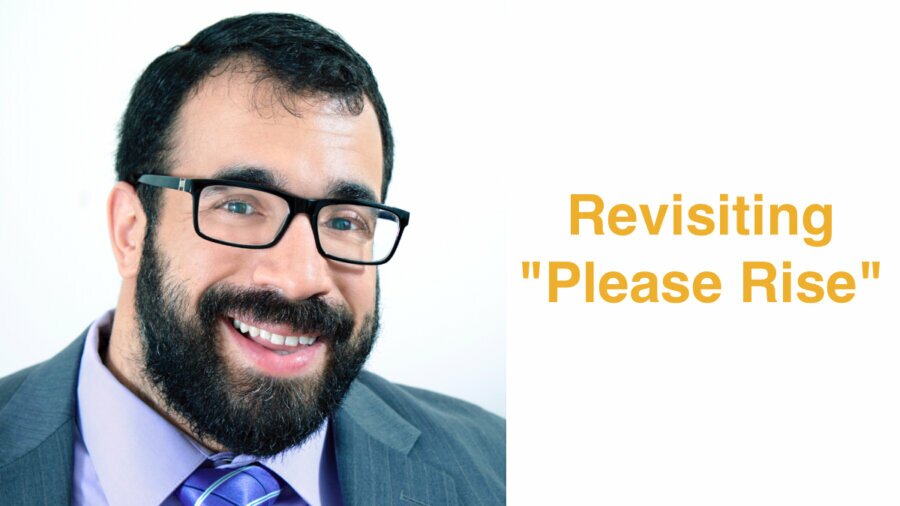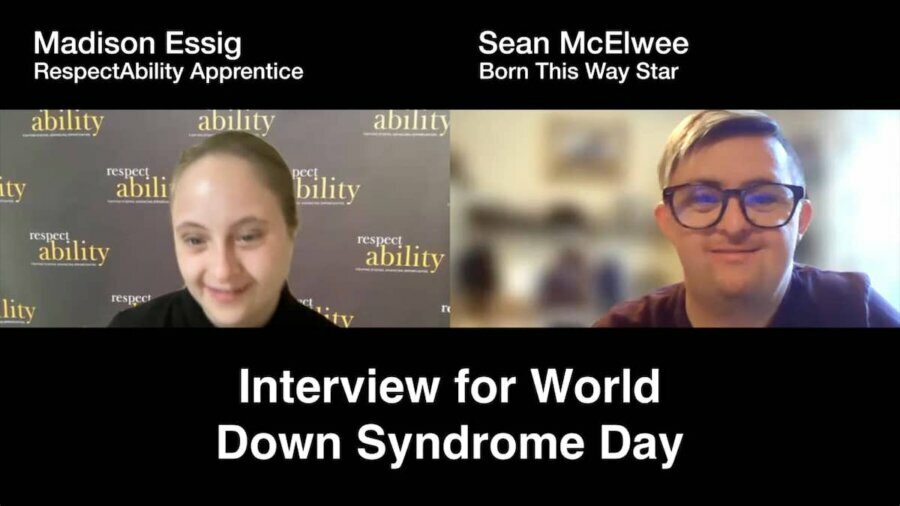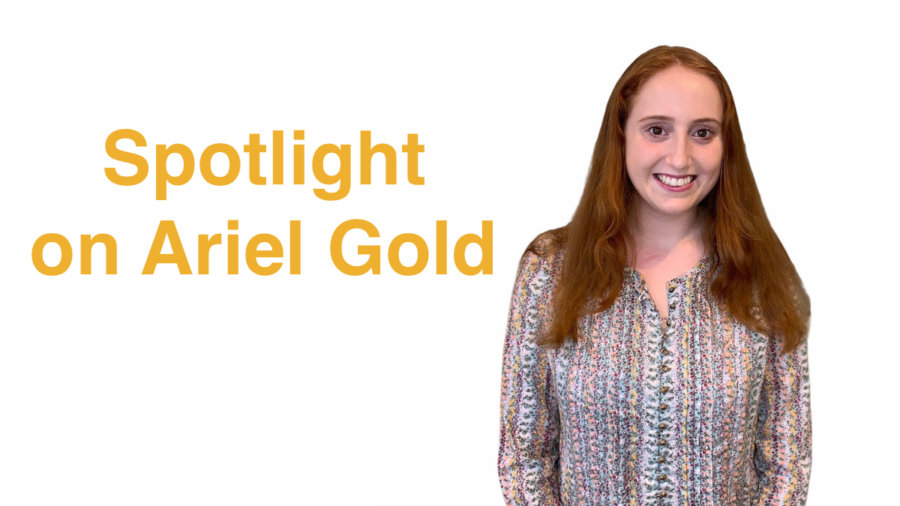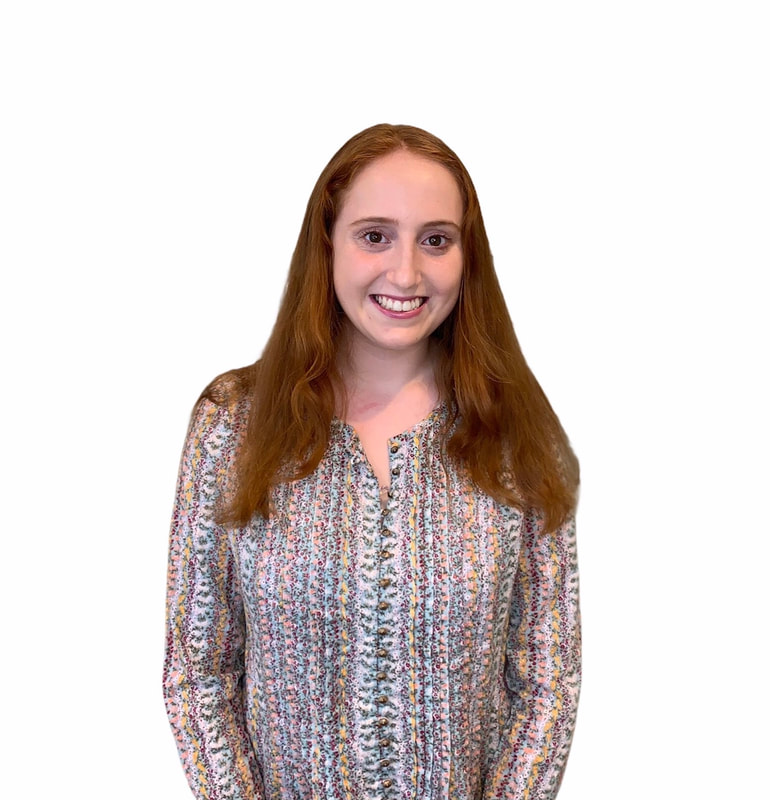Survey of 222 Jews in the NYC community shows progress, while identifying areas in need of continued improvement
Download Topline Data (Excel)
 New York, NY, April 1 – In a recently released major survey of 2,321 Jewish individuals nationwide, RespectAbility, a nonprofit organization that fights stigmas and advances opportunities so people with disabilities can participate fully in all aspects of community, in partnership with UJA Federation of New York, surveyed 222 members of the New York City Jewish community. This allowed a deep look into disability inclusion in NYC, as well as a strong and meaningful comparison to the national numbers. Of the 222 respondents from New York City, 171 either personally have a disability or have a close disability connection. The survey demonstrates that Jewish communal organizations are making strong progress toward building a more inclusive community for people with physical, sensory, mental health and other disabilities.
New York, NY, April 1 – In a recently released major survey of 2,321 Jewish individuals nationwide, RespectAbility, a nonprofit organization that fights stigmas and advances opportunities so people with disabilities can participate fully in all aspects of community, in partnership with UJA Federation of New York, surveyed 222 members of the New York City Jewish community. This allowed a deep look into disability inclusion in NYC, as well as a strong and meaningful comparison to the national numbers. Of the 222 respondents from New York City, 171 either personally have a disability or have a close disability connection. The survey demonstrates that Jewish communal organizations are making strong progress toward building a more inclusive community for people with physical, sensory, mental health and other disabilities.
The data showed that 66 percent of NYC area Jewish respondents felt the Jewish community was “better” at “including people with disabilities” compared to five years ago. Only one percent felt that the community was doing “somewhat worse.” [continue reading…]



